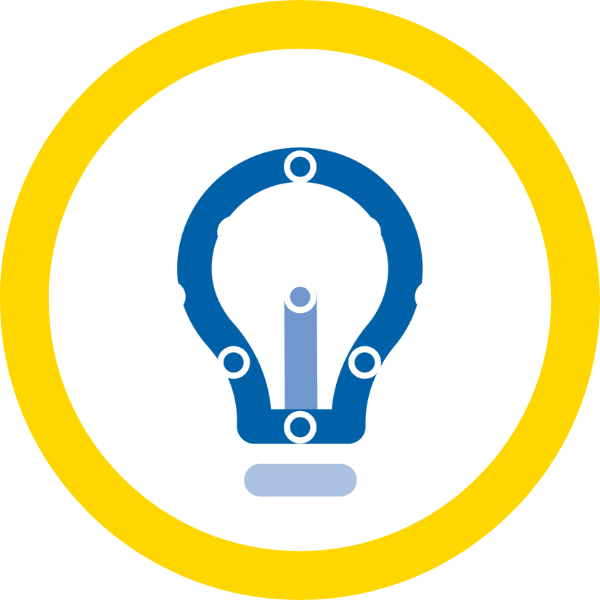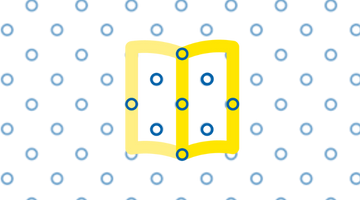If you believe someone you know might be unknowingly neurodiverse, the key thing to remember is to approach the situation carefully and sensitively. Communication is key, but it’s vital to not assume anything, or jump to conclusions.
Talking to the person could be a good option to broach the subject with them, however this might not be right for every scenario. If you do judge it to be the best approach, you will need to think about starting a transparent, honest and non-judgemental conversation, focused on what you have noticed and interpreted about their behaviour.
Familiarise yourself with some of the common characteristics of neurodiverse conditions and see if they match up with that you’ve been observing.







